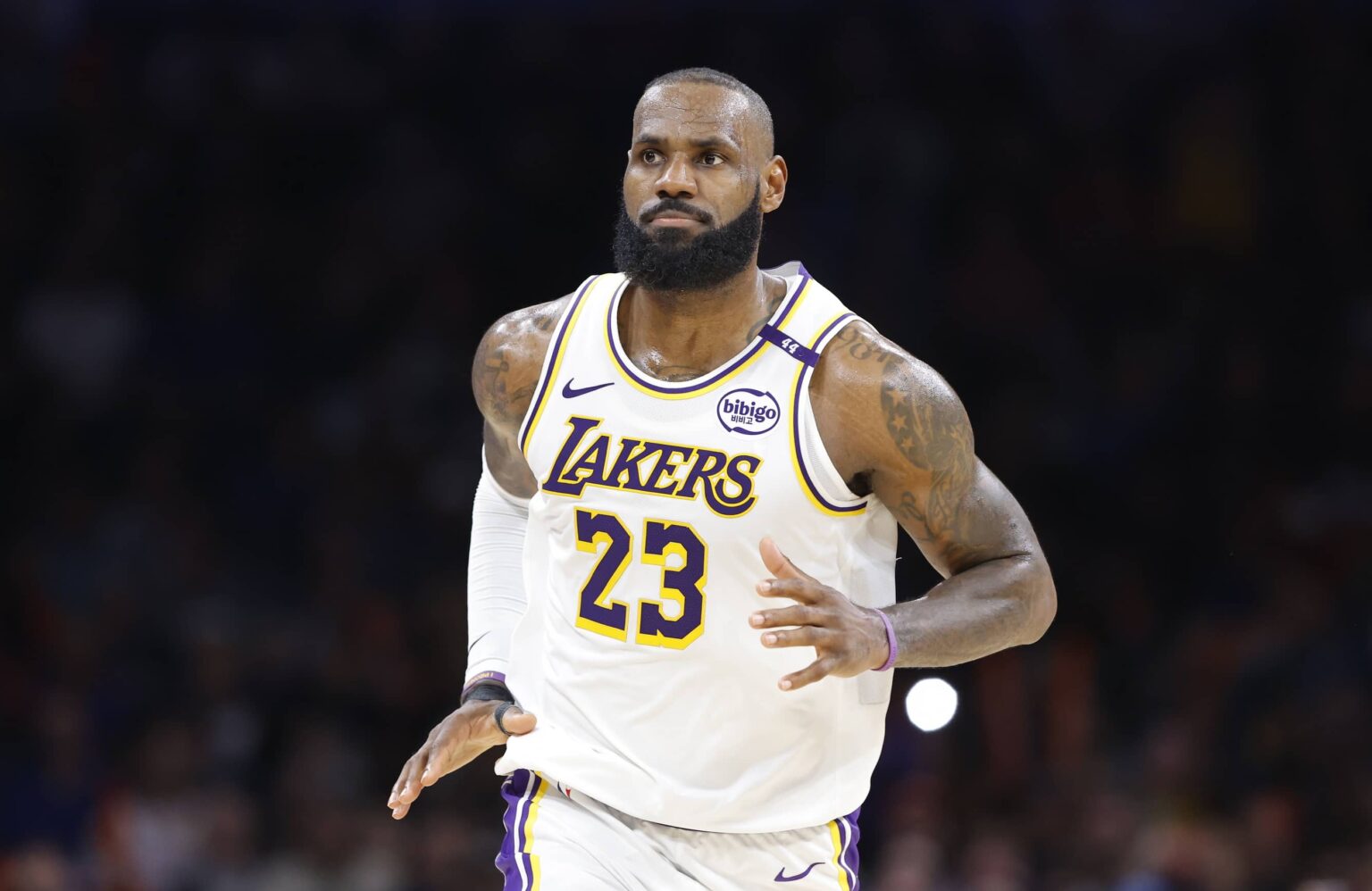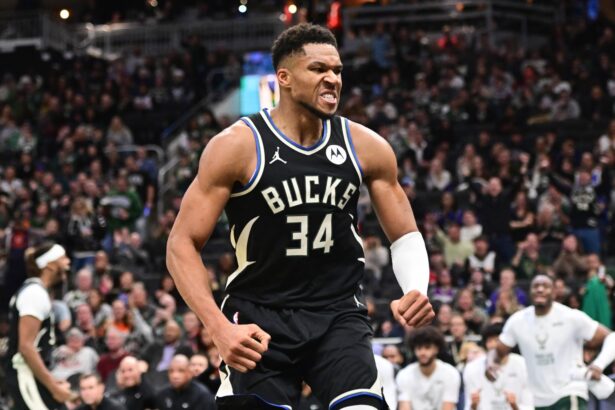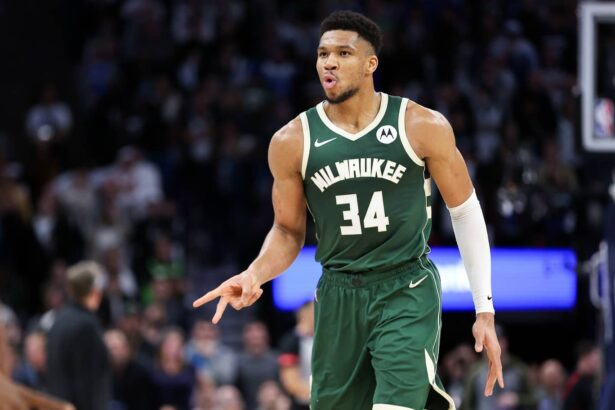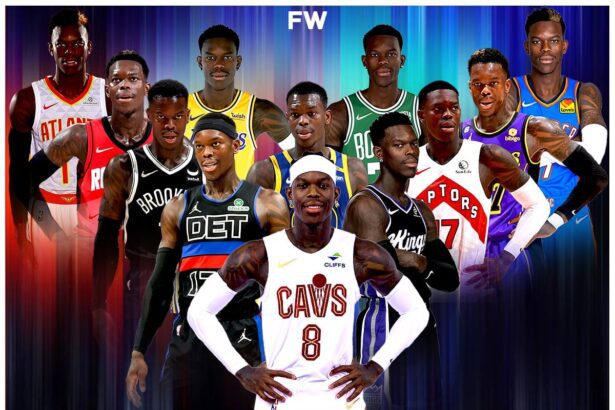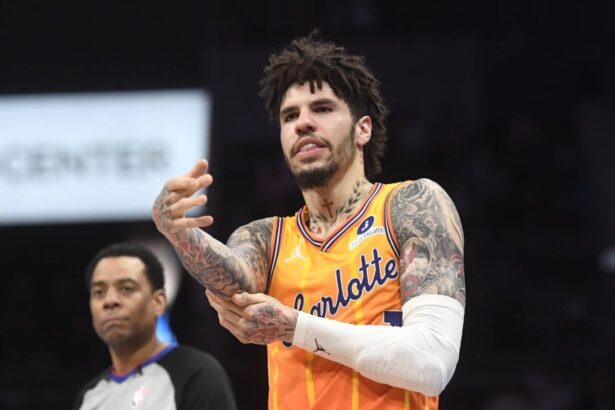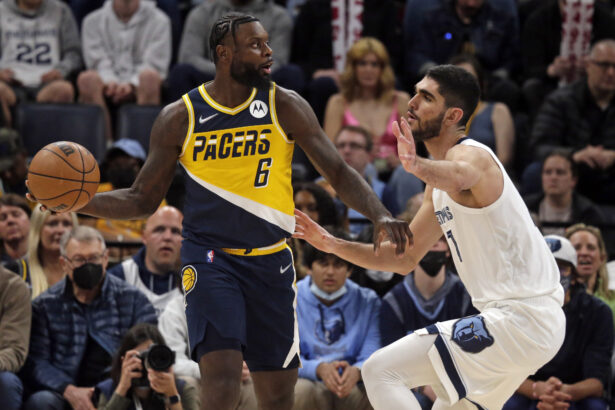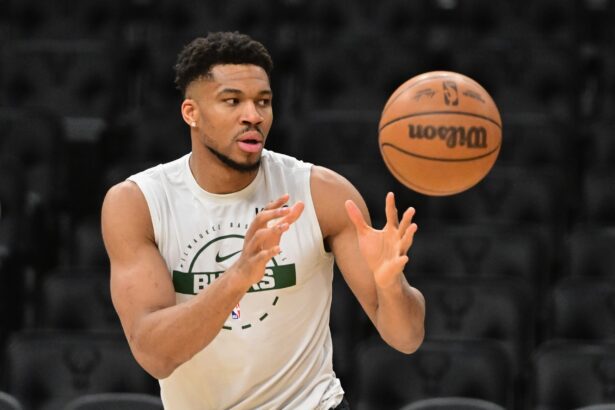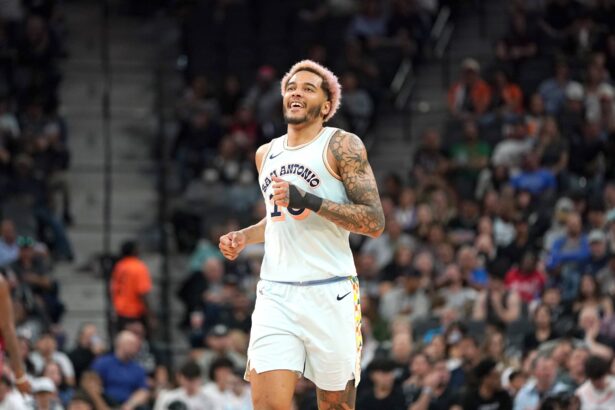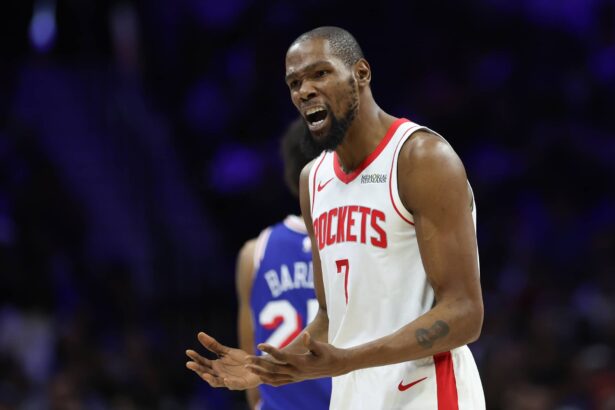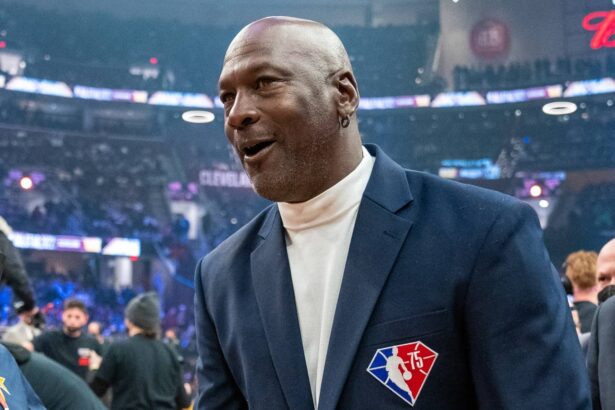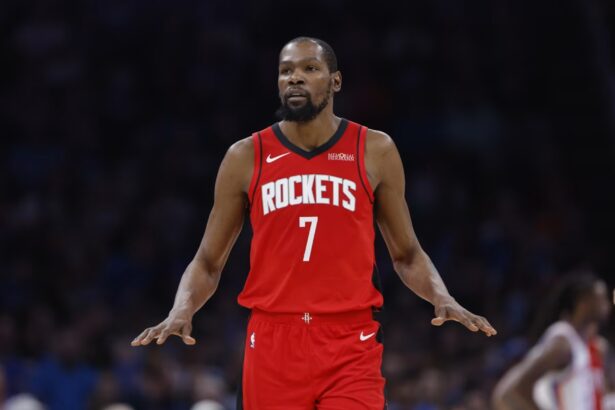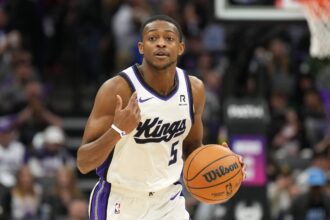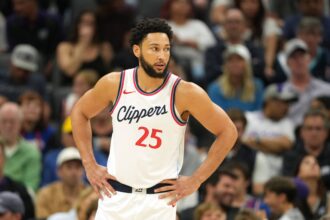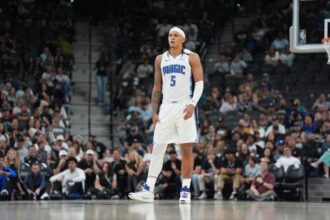Veteran sports columnist Peter Vecsey, one of basketball’s most notorious provocateurs, found himself back in the headlines this week after taking a jab at LeBron James. Known for his blunt opinions and old-school perspective, Vecsey fired off a viral tweet dissecting LeBron’s Finals record:
“If Ray Allen didn’t hit a jumper in Game 6…”
“If Kyrie Irving didn’t hit a jumper in Game 7…”
“If Draymond Green didn’t get suspended in Game 6…”
“LeBron could potentially be 1-9 in the Finals…”
On the surface, Vecsey’s take is meant to question the legitimacy of some of LeBron’s most iconic championship moments. But it quickly became obvious that the logic doesn’t quite hold up. For one, both the Kyrie Irving shot and Draymond Green suspension happened during the same series, the 2016 Finals, so Vecsey’s math doesn’t check out. Even if LeBron lost that series, his record would be 2-8, not 1-9.
But beyond the factual slip, the take itself is a glaring example of the selective memory often used against LeBron James. Vecsey’s tweet suggests that without a few key moments, LeBron’s Finals legacy would crumble. What it ignores is that those “moments” don’t exist in a vacuum they happen because of LeBron’s greatness.
Let’s start with 2013. Game 6 of the NBA Finals against the San Antonio Spurs, the game that Ray Allen’s legendary corner three saved. Sure, Allen’s shot was monumental, but the Heat don’t even get to that position without LeBron going nuclear in the fourth quarter. He scored 16 of Miami’s 30 points in that final frame, finishing with 32 points, 10 rebounds, and 11 assists in a full 45-minute performance.
Without that surge, there is no rebound, there is no corner three, and there is no Game 7. Allen hit the shot, but LeBron built the stage. And let’s not forget what came after: a 37-point, 12-rebound masterclass in Game 7, sealing his second title and second Finals MVP.
Then there’s 2016, arguably the greatest Finals performance in NBA history. Down 3-1 against a 73-win Golden State Warriors team, LeBron delivered back-to-back 41-point games, followed by a triple-double (27 points, 11 rebounds, 11 assists) in Game 7. His iconic chasedown block on Andre Iguodala was arguably just as defining as Kyrie’s game-winning three.
Without LeBron’s leadership, those games never even reach those climactic moments. Vecsey’s claim reduces those series to isolated highlights, dismissing the performances that made those highlights possible.
Critics like Vecsey, who’s made a career out of controversy, often seem stuck in a different era, one where acknowledging LeBron’s all-around greatness threatens their nostalgic attachment to the past. His tweet feels less like analysis and more like bitterness, another attempt to tear down a player who’s done everything possible to earn his place among the all-time greats.
And let’s be honest, if we applied Vecsey’s same logic to Michael Jordan, Kobe Bryant, or Larry Bird, their legacies could also be rewritten by a few “what ifs.” Every legend has benefited from teammates stepping up or opponents faltering. That’s sports.
The truth is simple: LeBron James is 4-6 in the NBA Finals, but every one of those series was defined by his greatness. Vecsey can nitpick all he wants, but facts and history don’t lie: LeBron didn’t just witness those moments; he created them.

